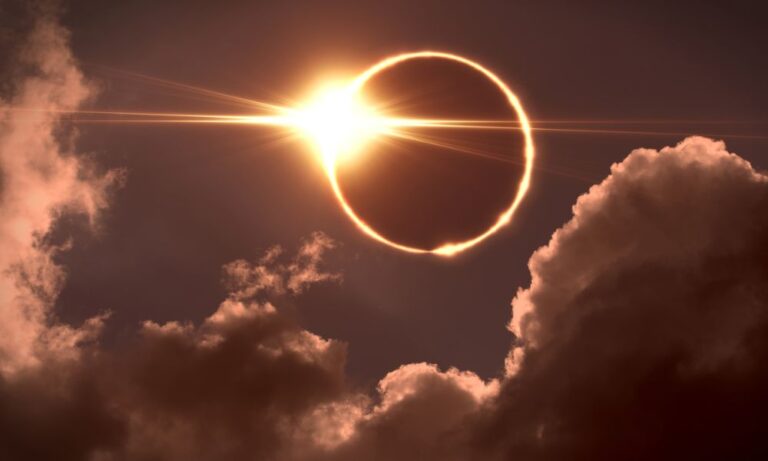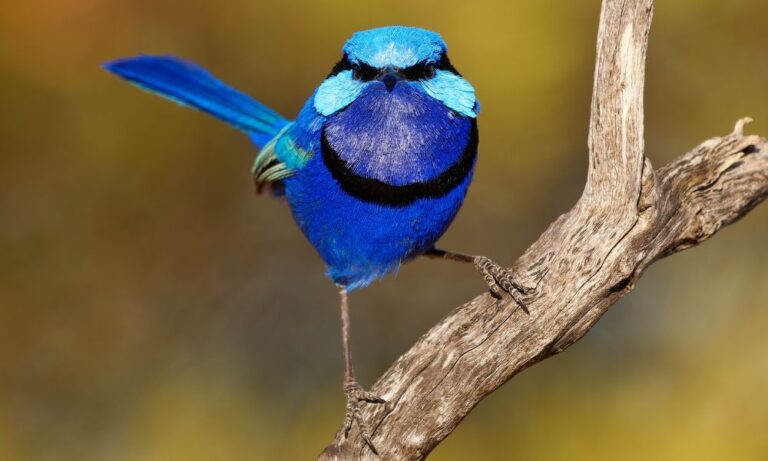The Nobel-winning Intergovernmental Panel on Climate Change (IPCC) is already under attack over hacked email exchanges which sceptics say reflected attempts to skew the evidence for global warming.
The new controversy focuses on a reference in the IPCC’s landmark Fourth Assessment Report in 2007 that said the probability of glaciers in the Himalayas “disappearing by the year 2035 and perhaps sooner is very high”.
At the weekend, Britain’s Sunday Times newspaper reported that this reference came from the green campaign group WWF, which in turn took it from an interview given by an Indian glaciologist to New Scientist magazine in 1999.
There is no evidence that the claim was published in a peer-reviewed journal, a cornerstone of scientific credibility, it said.
“We are looking into the issue of the Himalayan glaciers, and will take a position on it in the next two or three days,” IPCC’s chairman Rajendra Pachauri said in an email.
In an interview with AFP, a leading glaciologist who contributed to the Fourth Assessment Report described the mistake as “huge” and said he had notified his colleagues of it in late 2006, months before publication.
Loss of the Himalayan glaciers by 2035 would take two or three times the highest expected rate of global warming, said Georg Kaser of the Geography Institute at Austria’s University of Innsbruck.
“This number is not just a little bit wrong, but far out of any order of magnitude. It is as wrong as can be wrong.
“To get this outcome, you would have to increase the ablation [ice loss] by 20-fold. You would have to raise temperatures by at least 12 degrees.
“It is so wrong that it is not even worth discussing … I pointed it out.”
Asked why his warning had not been heeded, Dr Kaser pointed to “a kind of amateurism” among experts from the region who were in charge of the chapter on climate impacts, where the reference appeared.
“They might have been good hydrologists or botanists, but they were without any knowledge in glaciology,” he said.
The Fourth Assessment Report said that the evidence for global warming was now “unequivocal,” that the chief source for it was man-made, and that there were already signs of climate change, of which glacial melt was one.
The massive publication had the effect of a political thunderclap, triggering promises to curb greenhouse gases that had stoked the problem.
Dr Kaser said the core evidence of the Fourth Assessment Report remained incontrovertible.
“I am careful in saying this, because immediately people will again engage in IPCC bashing, which would be wrong,” he said.
But he acknowledged that the process of peer review, scrutiny and challenge which underpin the IPCC’s reputation had “entirely failed” when it came specifically to the 2035 figure.
The 2035 reference appeared in the second volume of the Fourth Assessment Report, a tome published in April 2007 that focused on the impacts of climate change, especially on human communities.
Part of the problem, said Dr Kaser, was “everyone was focused” on the first volume, published in February 2007, which detailed the physical science for climate change.
Work on this volume was “much more attractive to the community” of glaciologists, and they had failed to pick up on the mistake that appeared in the second, he said.
The question of glacial melt is a vital one for South Asia, as it touches on flooding or water stress with the potential to affect hundreds of millions of lives.
Indian environment minister Jairam Ramesh has repeatedly challenged the IPCC’s claims.
The IPCC came under ferocious attack from climate sceptics last month ahead of the UN conference in Copenhagen.
Emails from scientists at Britain’s University of East Anglia, a top centre for climate research, were leaked and seized upon as evidence that experts twisted data in order to dramatise global warming.
Some of the thousands of messages expressed frustration at the scientists’ inability to explain what they described as a temporary slowdown in warming. Dr Pachauri has vowed to investigate the affair.
AFP
2010 Australian Broadcasting Corporation. All Rights Reserved.






